Effective eLearning Content Development to prevent Cognitive Overload
Thinkdom
NOVEMBER 6, 2023
Did you know that the human brain can only process about four pieces of information at a time? This means that when we are exposed to too much information, we experience cognitive overload, which hinders our learning and retention. This is what cognitive overload feels like. There are three types of cognitive load: 1.





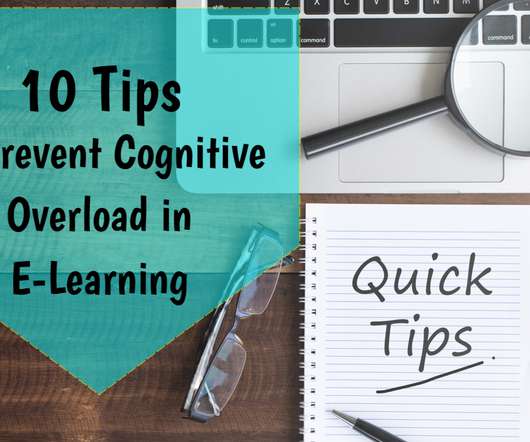

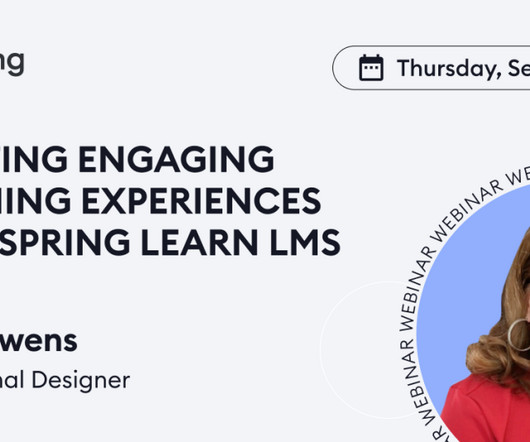
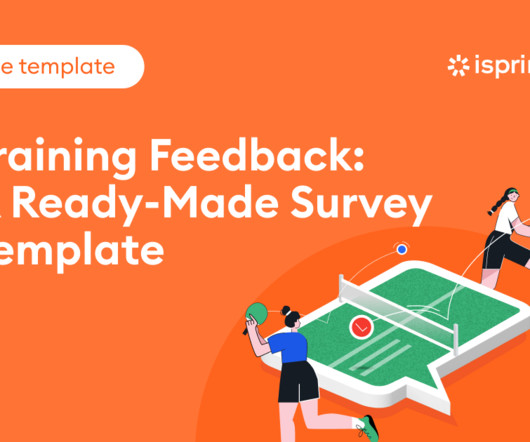

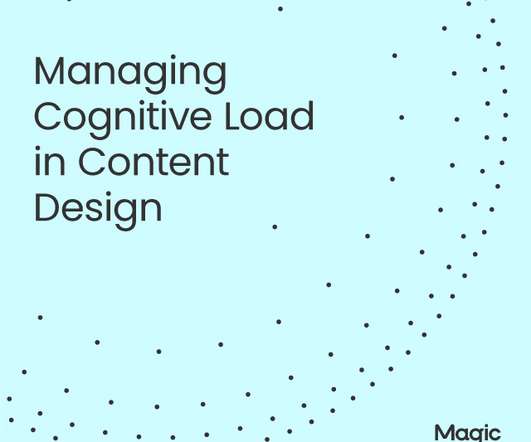

















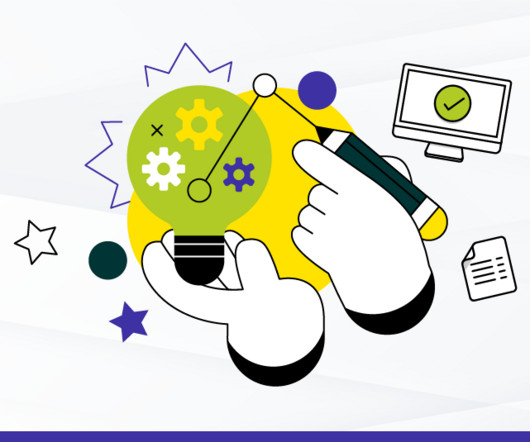
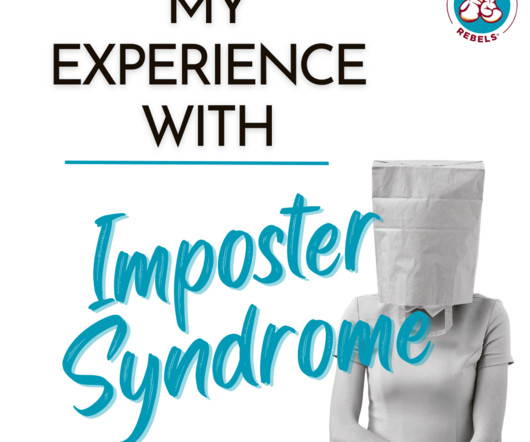













Let's personalize your content